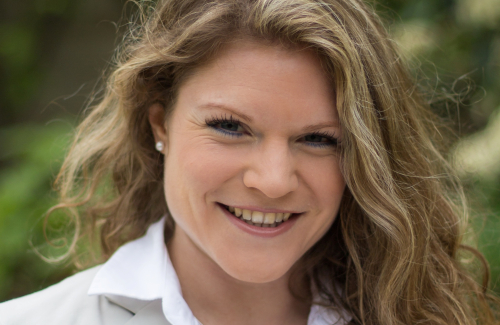More Pembroke news
Professor Ben Davis elected Fellow of the Royal Society
NEWS |
The Royal Society have announced their newly elected members for 2015, with Pembroke Fellow in Chemistry, Professor Ben Davis among those recognised for their world leading science.
Professor Davis leads a research group in Oxford which investigates the chemistry of carbohydrates and proteins. His work on understanding the reactions and manipulations of sugars and proteins has important implications for the development of new drugs to treat serious diseases.
The Royal Society is made up of the most eminent scientists, engineers and technologists from the UK and the Commonwealth. Fellows are elected for life through a peer review process on the basis of excellence in science. There are approximately 1,600 Fellows and Foreign Members, including around 80 Nobel Laureates. Current Fellows include Richard Dawkins, Stephen Hawking, Tim Berners-Lee and Paul Nurse.
Fellows of the Royal Society elected in 2015 alongside Professor Davis include Professor Dame Julia Slingo, Chief Scientist at the Met Office, Professor Jeremy Farrar, Director of The Wellcome Trust, and Sir James Dyson, Chairman of Dyson Limited, and renowned inventor, entrepreneur and philanthropist.
Ben Davis read for his B.A. (1993) and D.Phil. (1996) at the University of Oxford, after which he spent two years as a postdoctoral fellow in the laboratory of Professor Bryan Jones at the University of Toronto, exploring protein chemistry and biocatalysis. In 1998 he returned to the UK to take up a lectureship at the University of Durham, and in autumn 2001 he moved to the Dyson Perrins Laboratory, University of Oxford and took up a fellowship at Pembroke College. He was promoted to Full Professor in 2005.
Professor Davis sits on the Editorial / Advisory Boards of Chemical Biology and Drug Design, the Biochemical Journal, Chemical Science and ChemBioChem. He is the Editor-in-Chief of Current Opinion in Chemical Biology and a Senior Editor for ACS Central Science.
To read more about the Davis Research Group visit their website.

